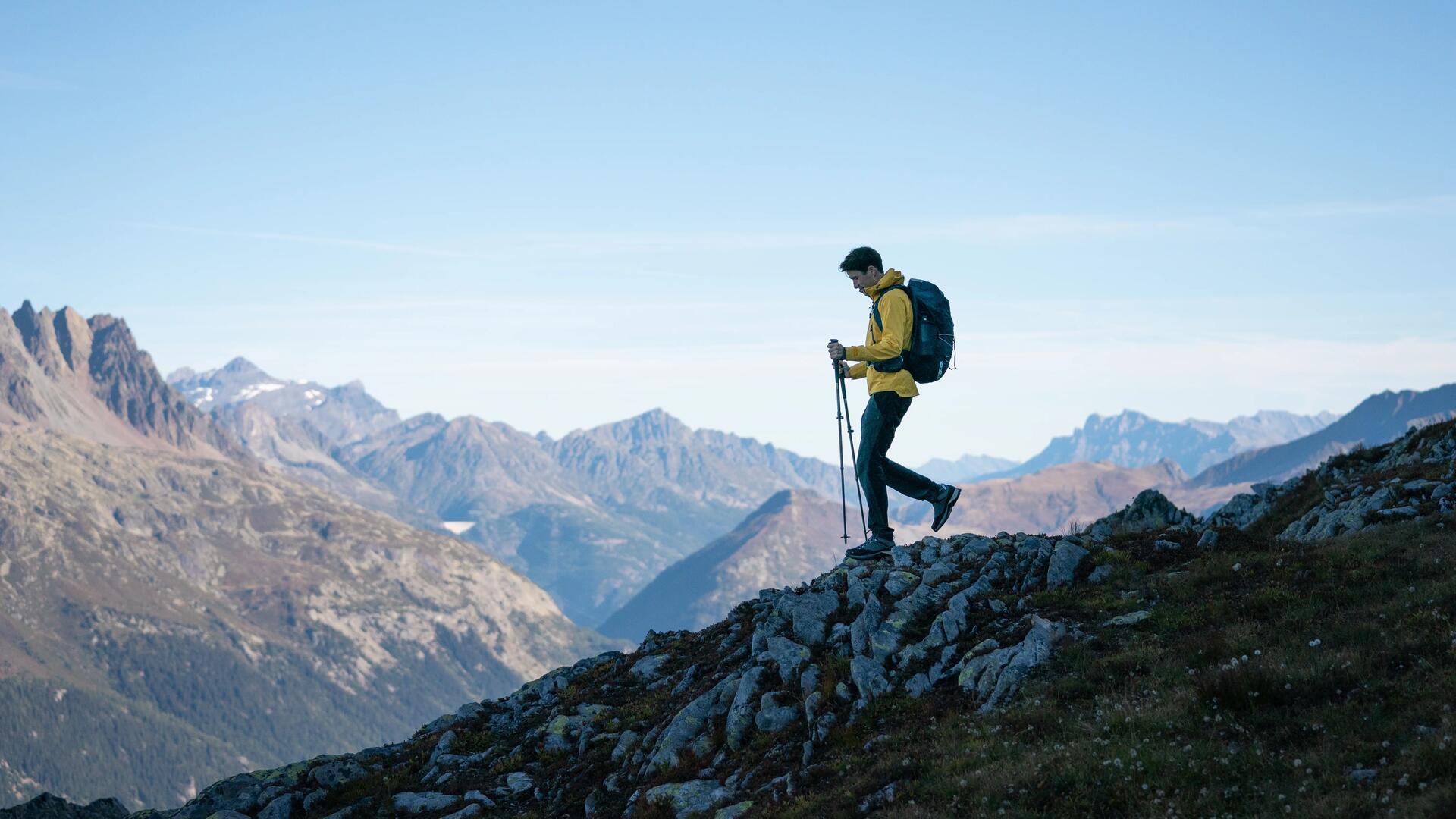How to choose a good pair of hiking pants?
Are hiking trousers just like any other trousers? We reveal our little designer secrets! Firstly, hiking trousers are differentiated by their comfort giving greater freedom of movement so you feel at ease in your clothing on your outings. Forget everyday jeans, although protective they are sometimes stiff and thick. The aim of the trousers is to wick away perspiration as quickly as possible so your legs stay dry even after a long slope leading to a view that takes your breath away. You see us coming: There are 2 main criteria to consider: the intensity of your activity and the weather conditions.







